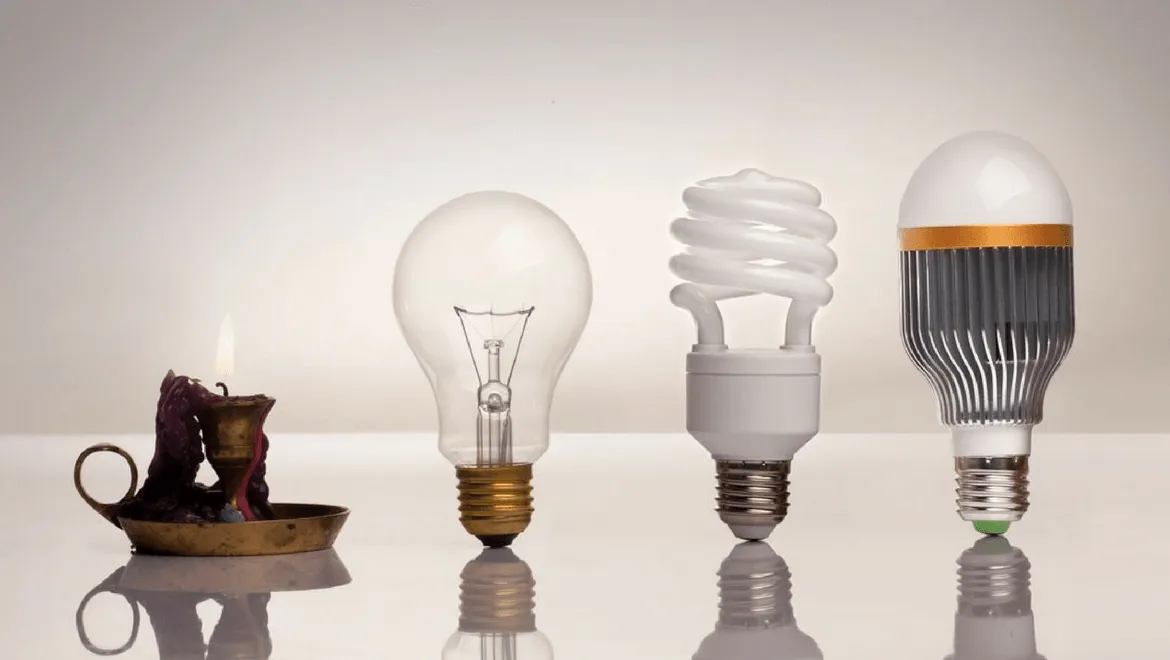Patents Equal Money
Many people put money first. This is seen many places, and even in patents. If there is a resolution to a big picture problem, but it is something cheap and broad that cannot be patented, a company will likely seek another idea, one that can make them more money because it is more complex and patentable. This concept concerns me because of the obvious repercussions that can result from the intellectual property system. It clearly can cast a shadow over the consumer, and cause the developer to have the overall monetary gain from an idea. Dr. Bylund brought up the point that large pharmaceutical companies play a role in this, and when regarding the well-being of the consumer, it is frightening to think that these large companies would choose something more profitable rather than something more beneficial to the consumers. The example that stood out to me in the video for this was when the speaker briefly brought up Vitamin C. Vitamin C may cause kidney stones with excessive intake and the methods to prevent this are not displayed for the consumer. These methods are hidden because they are seen as a factor that would make the product less profitable. Prescribed Vitamin C would make less money than Vitamin C that is sold on a shelf. This is why Vitamin C is sold on the shelf, instead of behind a counter. I think that it is important to allow some intellectual property as it is a right for businesses to do so, but there are definitely many errors in the system.
Patent System Is Flawed
Dr. Bylund’s argument against intellectual property allowed me to gain a larger perspective on the negatives of this side of entrepreneurship.The stepping stone for the argument against intellectual property discussed by Dr. Bylund was things like patents and copyrights truly do cause a neglect in bringing real value to consumers. I can see how this may be true. Dr. Bylund brought up how there are many issues in the world that need to be fixed, but are not efficiently resolved because of road blocks such as patents. Dr. Bylund’s lecture pointed out so many reasons why the system is flawed, many that made me think. One that really stood out to me was when he discussed its effect on entrepreneurship. Specifically how patents limit entrepreneurship, since they allow one company to basically monopolize their ideas, even if it is not in the best interest of the consumer. What this causes is diminished competition and in turn lack of development and expansion of ideas. I agree with Dr. Bylund’s argument in this sense, and with many of his overall arguments, but I still believe people should have the right to intellectual property, just in a more controlled way in which the benefit to the consumers can become more of the focal point.
Thomas Edison Was Not the Only Person Who Thought of the Idea For the Lightbulb
Although this is true, most of us only think of his name when asked who invented the lightbulb. Edison modified the already invented lightbulb and became the face for it. This made it significantly easier for him to get patents approved. Despite the credits of the creation of the lightbulb being arguably placed in the wrong hands, Edison was able to make a major advance in society that would positively impact the rest of existence. Had it been easier for the other creators of the lightbulbs to achieve a strong patent, or no patents at all, Edison would not be the face of light bulbs and electricity.
Work Cited:
Bylund, Per. The Case Against Intellectual Property Rights. OStateTV, 21 Sept. 2021, ostate.tv/media/1_69qhnnrw.

